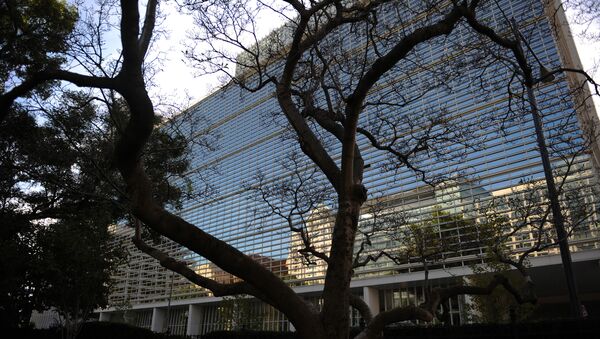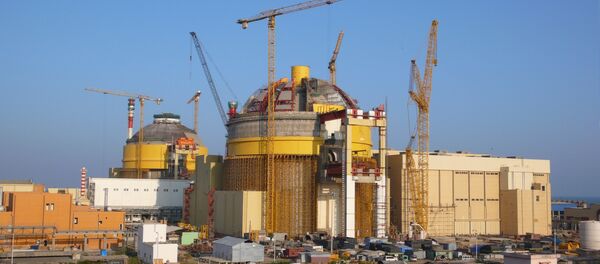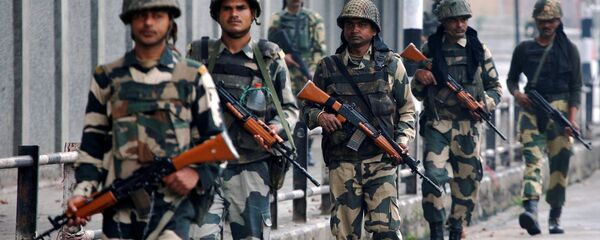New Delhi (Sputnik) — Welcoming the talks, World Bank Vice President for South Asia Region Annette Dixon said, "We are pleased both parties have confirmed their participation in the meeting hosted by the World Bank in Washington DC," in a letter written to Indian Ambassador to the US Navtej Sarna on July 25.
The World Bank also assured the Indian envoy of its "continued neutrality and impartiality" in aiding the two sides to arrive at an amicable solution. The Indian side will be led by Water Resources Secretary Amarjit Singh and will include officials from the ministries of external affairs and water resources.
India and Pakistan last held a dialogue over the two projects in March earlier this year, during the Permanent Indus Commission (PIC) in Pakistan. The issue began when Pakistan approached the World Bank last year, raising its objections over the designs of two hydroelectric projects located in the state of Jammu and Kashmir. The World Bank, which is also the mediator between India and Pakistan under the 57-year-old water distribution treaty, set up a court of arbitration to look into the matter. India contended that Pakistan’s concerns were related to technical aspects, and called for the appointment of a neutral expert to look into the issues.
The global lender initiated two simultaneous processes based on the two requests. But in the wake of New Delhi’s objections, World Bank representatives held separate talks with both sides to find a way out.
Often referred to as one of the most successful international water sharing treaties, the Indus Water Treaty was signed in 1960. But the future of the treaty is bleak, with a downturn in India and Pakistan relations as well as a growing need for water on both sides. Water sanitation and desalination are also high-interest areas of cooperation between India and Israel.
Pakistan has constantly objected to the construction of dams by India upstream, while New Delhi maintains that it can use even more water and still remain within the terms of the treaty. However, the major contention began last year after the Uri attacks, when the Narendra Modi government cleared projects, which were delayed for years.
Last year, Modi told a meeting of government officials on the Indus treaty that “blood and water cannot flow together.”
Indian experts said it has been a long time since India used the Indus Water Treaty as leverage to ensure Pakistan falls in line.
"Pakistan's objections to the hydro-power projects in Jammu and Kashmir are uncalled for," Dr Amit Singh, Assistant Professor at the University of Delhi's ARSD College, told Sputnik. "India is well within its rights to use it as it deems necessary for the betterment of its people under the terms and conditions of the Indus Water Treaty. At present, we are using way below even our mutually agreed share of the water. Moreover, PM Modi took a very clear stand that blood and water cannot flow together and India will adopt all means to ensure that Pakistan doesn't use terrorism as a state policy against India."
Further, even if China, being an upper riparian state, decides in the future to build dams or other facilities, it will be Pakistan that will be more affected than India, Singh added.




